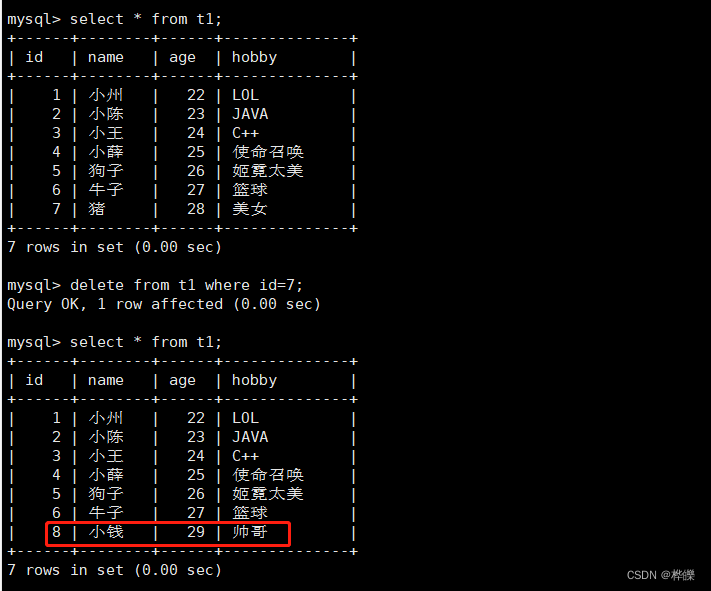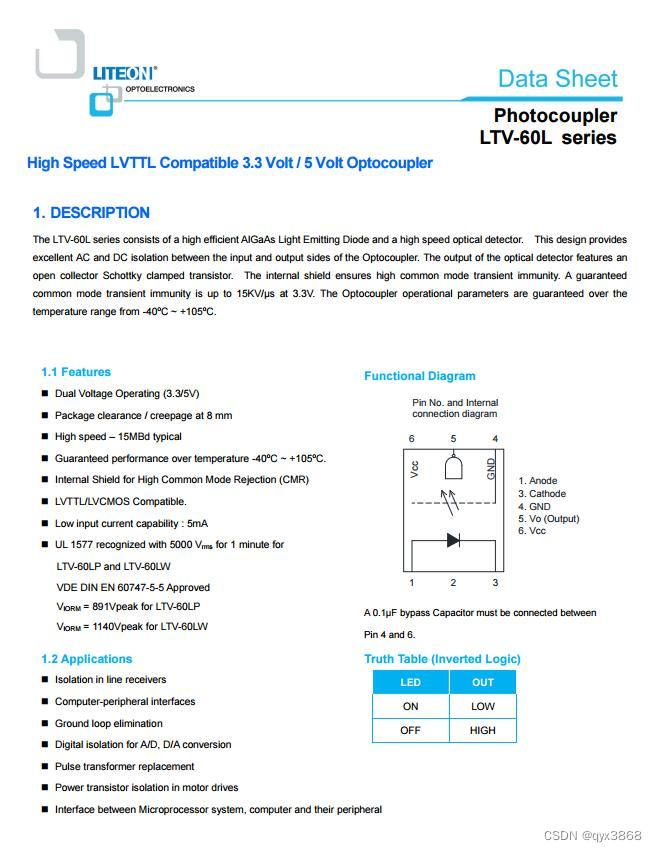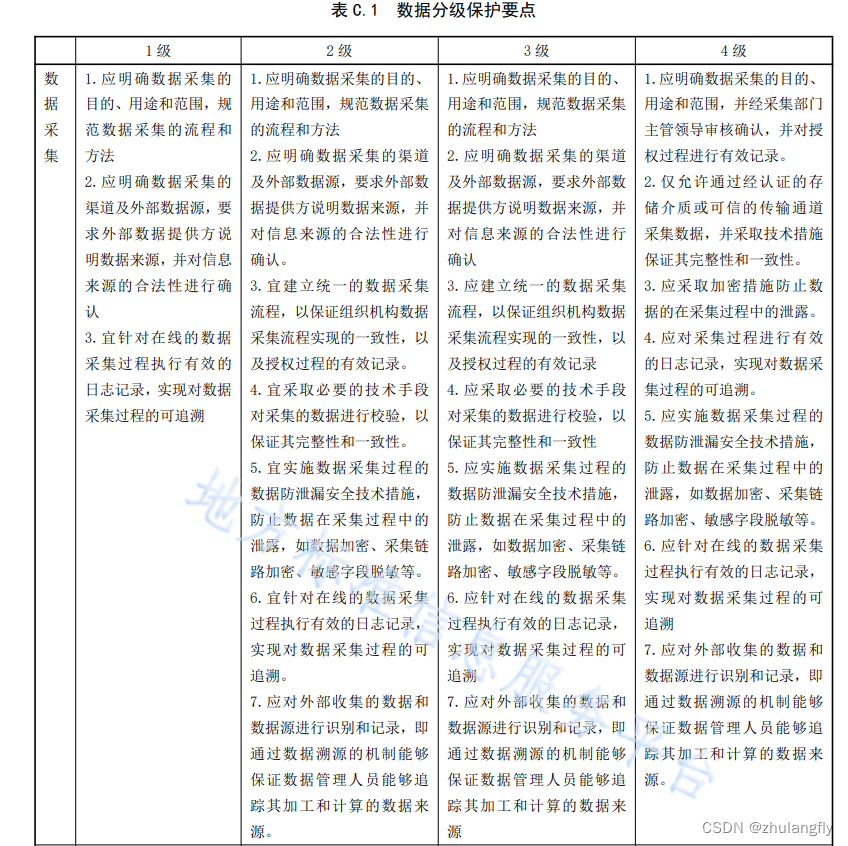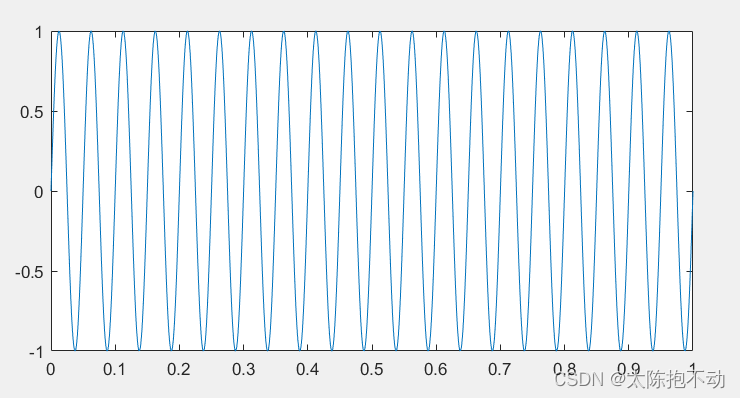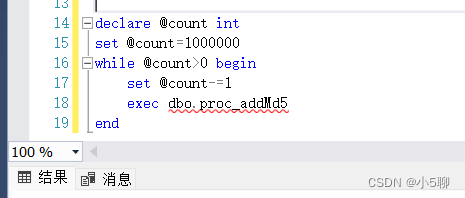😏★,°:.☆( ̄▽ ̄)/$:.°★ 😏
这篇文章主要介绍读取ini配置信息。
学其所用,用其所学。——梁启超
欢迎来到我的博客,一起学习,共同进步。
喜欢的朋友可以关注一下,下次更新不迷路🥞
文章目录
- :smirk:1. ini配置
- :blush:2. 头文件
- :satisfied:3. 测试程序
😏1. ini配置
INI(初始化)文件是一种文本文件,它用于存储配置数据。INI 文件通常由一些节组成,每个节有其自己的键-值对。INI 文件最初是由微软开发的,用于在 Windows 操作系统中存储应用程序的配置信息。
INI 文件格式非常简单,它包含了以下三种元素:
节(section):一个节用方括号 [] 包围,节名在方括号内,如 [Section1]。
键(key):键表示配置项的名称,键和值之间使用等号 = 分隔,如 Key1=Value1。
值(value):值表示键所对应的配置项的值。
😊2. 头文件
下面演示一个头文件用于读取ini,可在项目中引用。
#ifndef INI_H_
#define INI_H_
#include <string>
#include <map>
#include <fstream>
namespace ini
{
class iniReader
{
private:
std::map<std::string, std::map<std::string, std::string> >settings_;
public:
iniReader(){}
~iniReader(){}
bool ReadConfig(const std::string &filename)
{
settings_.clear();
std::ifstream infile(filename.c_str());//构造默认调用open,所以可以不调用open
//std::ifstream infile;
//infile.open(filename.c_str());
//bool ret = infile.is_open()
if (!infile) {
return false;
}
std::string line, key, value, section;
std::map<std::string, std::string> k_v;
std::map<std::string, std::map<std::string, std::string> >::iterator it;
while (getline(infile, line))
{
if (AnalyseLine(line, section, key, value))
{
it = settings_.find(section);
if (it != settings_.end())
{
k_v[key] = value;
it->second = k_v;
}
else
{
k_v.clear();
settings_.insert(std::make_pair(section, k_v));
}
}
key.clear();
value.clear();
}
infile.close();
return true;
}
std::string ReadString(const char* section, const char* item, const char* default_value)
{
std::string tmp_s(section);
std::string tmp_i(item);
std::string def(default_value);
std::map<std::string, std::string> k_v;
std::map<std::string, std::string>::iterator it_item;
std::map<std::string, std::map<std::string, std::string> >::iterator it;
it = settings_.find(tmp_s);
if (it == settings_.end())
{
return def;
}
k_v = it->second;
it_item = k_v.find(tmp_i);
if (it_item == k_v.end())
{
return def;
}
return it_item->second;
}
int ReadInt(const char* section, const char* item, const int& default_value)
{
std::string tmp_s(section);
std::string tmp_i(item);
std::map<std::string, std::string> k_v;
std::map<std::string, std::string>::iterator it_item;
std::map<std::string, std::map<std::string, std::string> >::iterator it;
it = settings_.find(tmp_s);
if (it == settings_.end())
{
return default_value;
}
k_v = it->second;
it_item = k_v.find(tmp_i);
if (it_item == k_v.end())
{
return default_value;
}
return atoi(it_item->second.c_str());
}
float ReadFloat(const char* section, const char* item, const float& default_value)
{
std::string tmp_s(section);
std::string tmp_i(item);
std::map<std::string, std::string> k_v;
std::map<std::string, std::string>::iterator it_item;
std::map<std::string, std::map<std::string, std::string> >::iterator it;
it = settings_.find(tmp_s);
if (it == settings_.end())
{
return default_value;
}
k_v = it->second;
it_item = k_v.find(tmp_i);
if (it_item == k_v.end())
{
return default_value;
}
return atof(it_item->second.c_str());
}
private:
bool IsSpace(char c)
{
if (' ' == c || '\t' == c)
return true;
return false;
}
bool IsCommentChar(char c)
{
switch (c)
{
case '#':
return true;
default:
return false;
}
}
void Trim(std::string & str)
{
if (str.empty())
{
return;
}
int i, start_pos, end_pos;
for (i = 0; i < str.size(); ++i) {
if (!IsSpace(str[i])) {
break;
}
}
if (i == str.size())
{
str = "";
return;
}
start_pos = i;
for (i = str.size() - 1; i >= 0; --i) {
if (!IsSpace(str[i])) {
break;
}
}
end_pos = i;
str = str.substr(start_pos, end_pos - start_pos + 1);
}
bool AnalyseLine(const std::string & line, std::string& section, std::string & key, std::string & value)
{
if (line.empty())
return false;
int start_pos = 0, end_pos = line.size() - 1, pos, s_startpos, s_endpos;
if ((pos = line.find("#")) != -1)
{
if (0 == pos)
{
return false;
}
end_pos = pos - 1;
}
if (((s_startpos = line.find("[")) != -1) && ((s_endpos = line.find("]"))) != -1)
{
section = line.substr(s_startpos + 1, s_endpos - 1);
return true;
}
std::string new_line = line.substr(start_pos, start_pos + 1 - end_pos);
if ((pos = new_line.find('=')) == -1)
return false;
key = new_line.substr(0, pos);
value = new_line.substr(pos + 1, end_pos + 1 - (pos + 1));
Trim(key);
if (key.empty()) {
return false;
}
Trim(value);
if ((pos = value.find("\r")) > 0)
{
value.replace(pos, 1, "");
}
if ((pos = value.find("\n")) > 0)
{
value.replace(pos, 1, "");
}
return true;
}
};
} // namespace ini
#endif
😆3. 测试程序
先创建一个ini:
[g1]
name = group1
IP = 192.168.1.100
port = 8000
[g2]
name = group2
IP = 192.168.1.101
port = 8001
然后创建main.cpp用于测试:
#include <iostream>
#include "config_ini.h"
int main()
{
ini::iniReader config;
bool ret = config.ReadConfig("config.ini");
if (ret == false)
{
printf("ReadConfig is Error, filename=%s", "config.ini");
return 1;
}
std::string HostName = config.ReadString("g1", "name", "");
std::string IP = config.ReadString("g1", "IP", "");
int Port = config.ReadInt("g1", "port", 0);
std::cout << "HostName=" << HostName << std::endl;
std::cout << "IP=" << IP << std::endl;
std::cout << "Port=" << Port << std::endl;
return 0;
}

以上。


